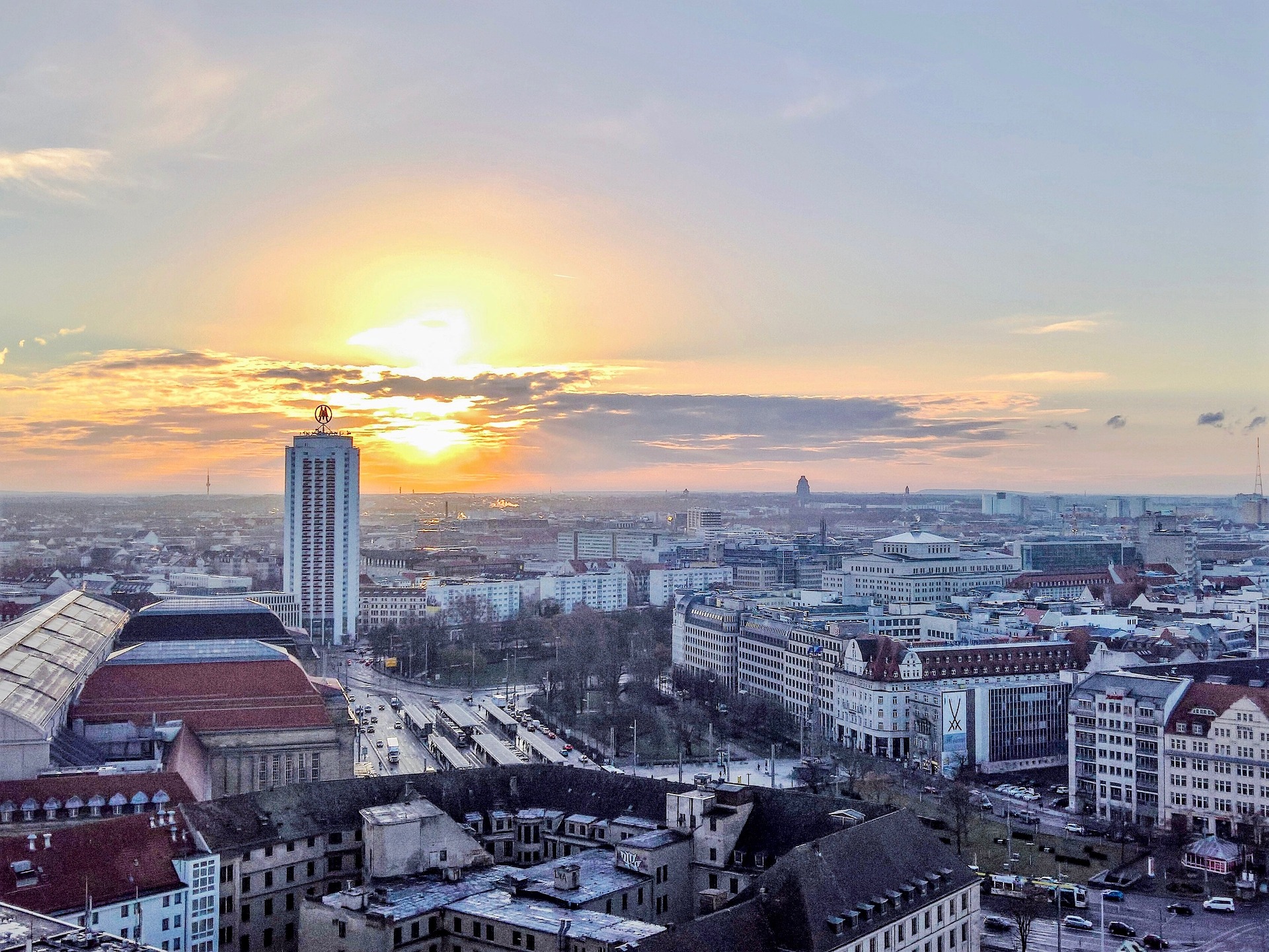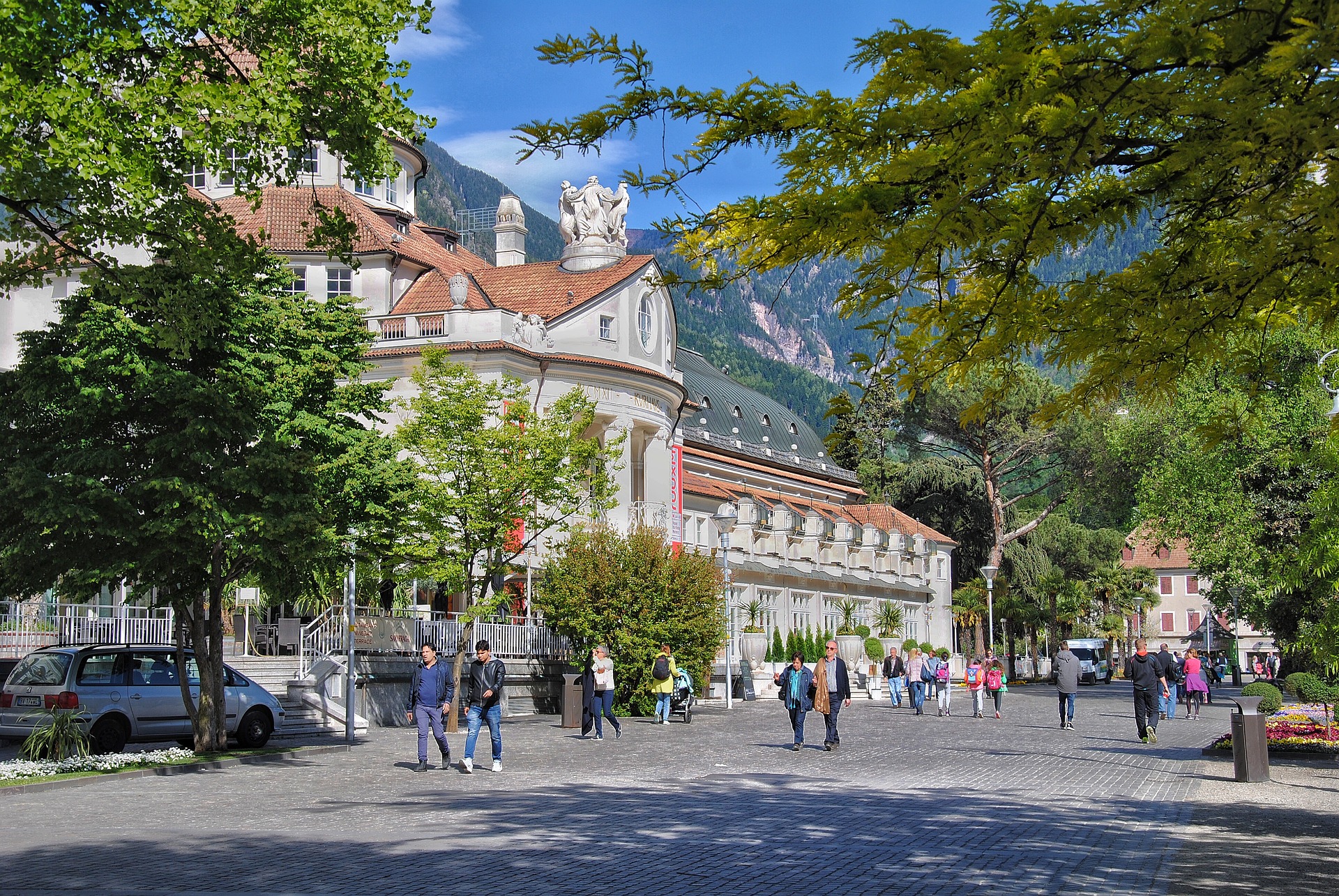Facts and Figures
Start Date: January 2024
Start: January 2024
End: June 2026
30
Months
6
Project partners
4
Countries
3
Research pilots in different cities
Objectives of the project
Our three research pilots

Salzburg, Austria
Salzburg-based partners Salzburg Research and VIABIRDS Technologies are teaming up to gain behavioural insights concerning the intention and willingness of online shoppers to choose sustainable delivery options when it is offered to them on e-commerce sites. First, the currently most effective behaviour change interventions (i.e., digital nudges) for sustainable consumer delivery choices on e-commerce sites in studies and in practice will be analysed. After a state-of-the-art analysis including an open ideation campaign and co-creation workshops with local stakeholders, an inventory of novel, research-based digital nudges to encourage online shoppers to choose sustainable modes of delivery will be designed – transferring interventions from other fields. In the Salzburg research pilot, a webshop simulator that emulates a local shop has been developed to test the effectiveness of inventory of developed digital nudges among diverse user groups

Leipzig, Germany
We plan to survey different places around the outskirts of the city to see how easily people with disabilities (and others) can access potential goods pick-up stations without facing any physical barriers. The Leipzig Logistics Living Lab, run by ULEI, will work together with local residents and other interested parties to design concepts for pick-up stations and a small delivery hub, which will also serve as a place where people can meet.
In partnership with the online store Locally Happy and the bike courier service Fulmo, we’ll test and review the delivery of goods by bicycle and cargo bike. This includes transporting items from retailers to the small hub and then from the hub to customers or pick-up stations. Additionally, we’ll use the Locally Happy platform to test digital ways to encourage people to make eco-friendly choices, guided by the expertise of VIA and SRFG.

Merano, Italy
The Merano pilot will test how to seamlessly add cargo bikes to its bike-sharing system, including a digital booking system and trials. This initiative aims to encourage eco-friendly delivery and collection options, particularly through a collaboration with a local commercial activity for regional product deliveries using the Fix bike-delivery service, emphasizing the environmental benefits.
Local stores will evaluate customer uptake of green delivery methods, providing both digital and traditional ordering to ensure inclusivity. We’ll identify potential collection station locations, with a focus on the Maia Bassa/Untermais neighborhood for a prototype station. This station will not only serve as a pick-up point but also as a community hub, featuring areas for socializing and cultural activities.
The station’s design will be developed together with the community and stakeholders, with a strong emphasis on accessibility and attractiveness for individuals with disabilities.
Contact
Project Coordinator
Michael Thelen, MA
Salzburg Research Forschungsgesellschaft m.b.H.
